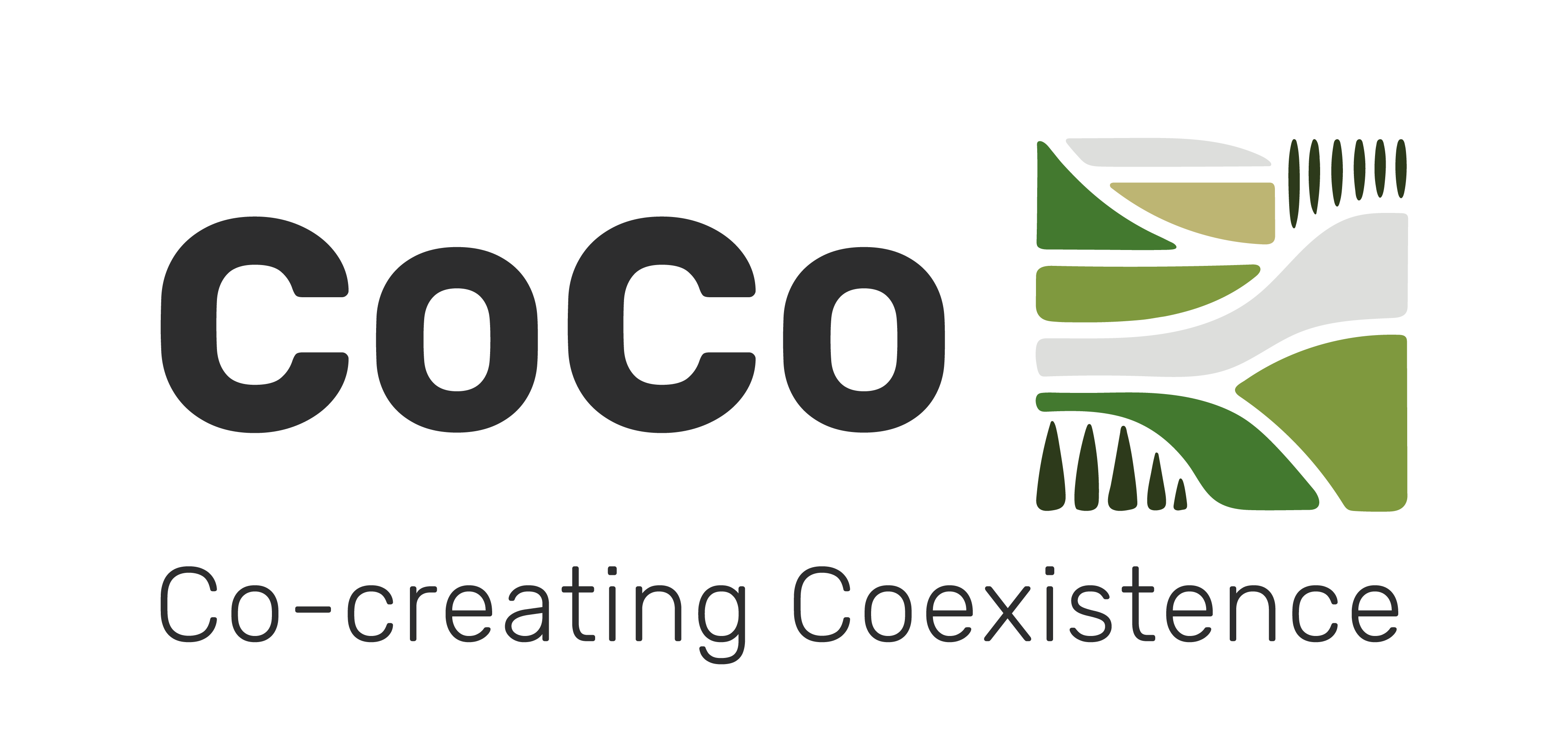The climate crisis is one of the most pressing challenges of our time. Rising global temperatures, melting ice caps, extreme weather events, and biodiversity loss are no longer distant warnings—they are realities we face today. Scientists agree that human activity, particularly the burning of fossil fuels, is the primary driver behind the increasing levels of greenhouse gases in the atmosphere.
One of the most visible effects of climate change is the increase in extreme weather. Heatwaves, floods, wildfires, and droughts are becoming more frequent and intense, putting lives, livelihoods, and entire ecosystems at risk. Coastal communities are especially vulnerable due to rising sea levels, which threaten to displace millions of people in the coming decades.
Efforts to combat climate change require coordinated global action. The Paris Agreement, signed by nearly every country in the world, aims to limit global warming to well below 2°C above pre-industrial levels. However, current commitments are not sufficient, and many nations are falling short of their targets.
Individuals can also contribute to the fight against climate change by reducing their carbon footprint. Simple actions such as using public transportation, eating less meat, conserving energy, and supporting renewable energy sources can collectively make a significant difference.
In conclusion, the climate crisis is not just an environmental issue—it is a humanitarian, economic, and security challenge. We must act now to protect our planet and future generations. The longer we delay, the more difficult and costly it will be to reverse the damage.
